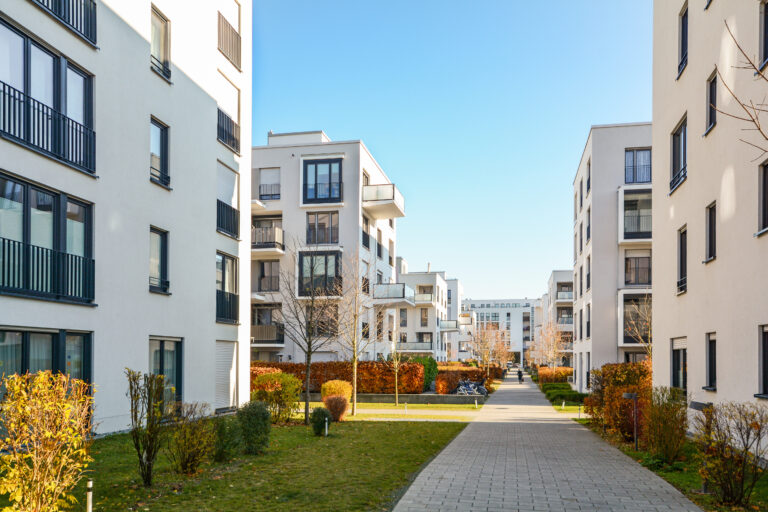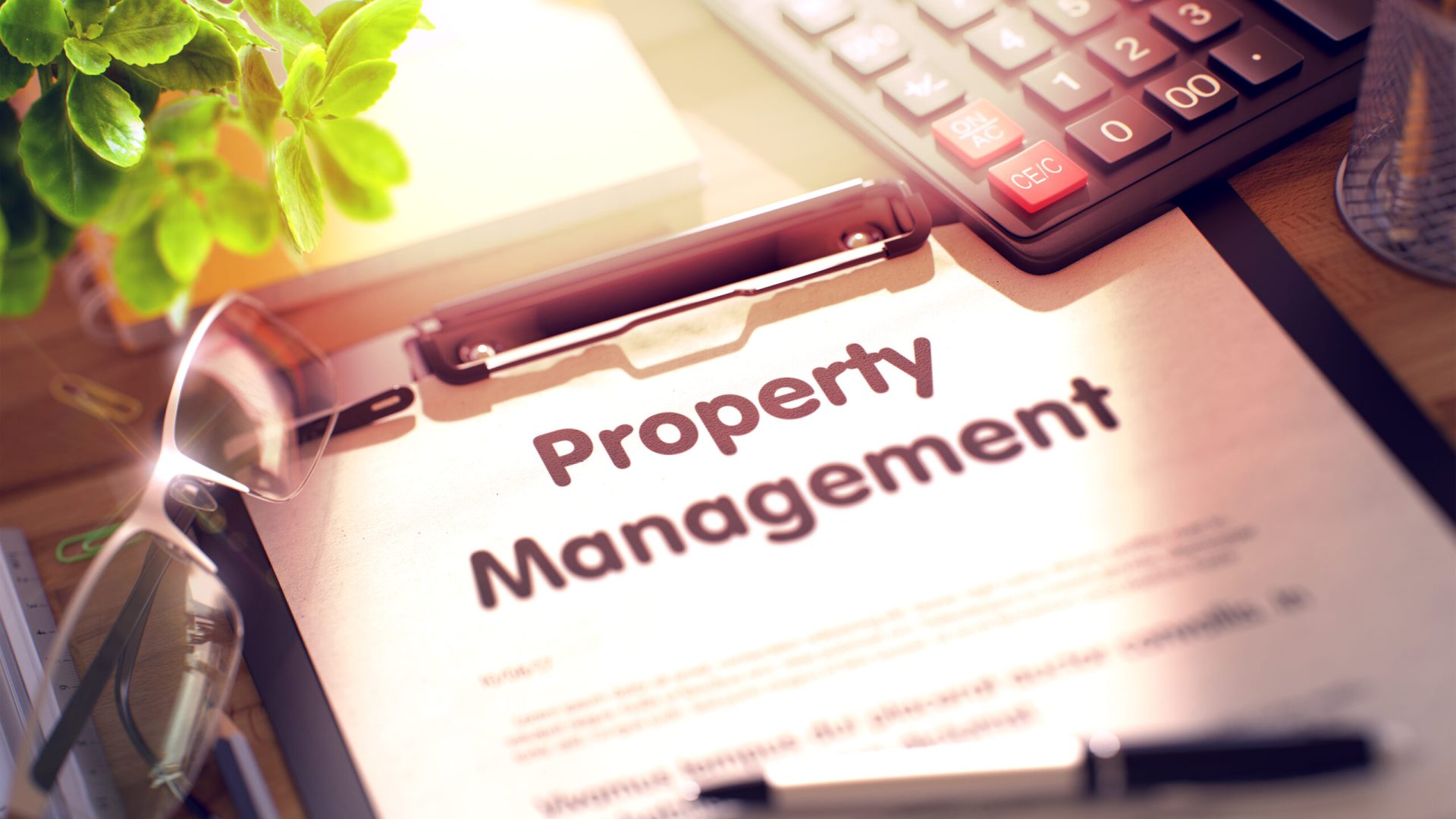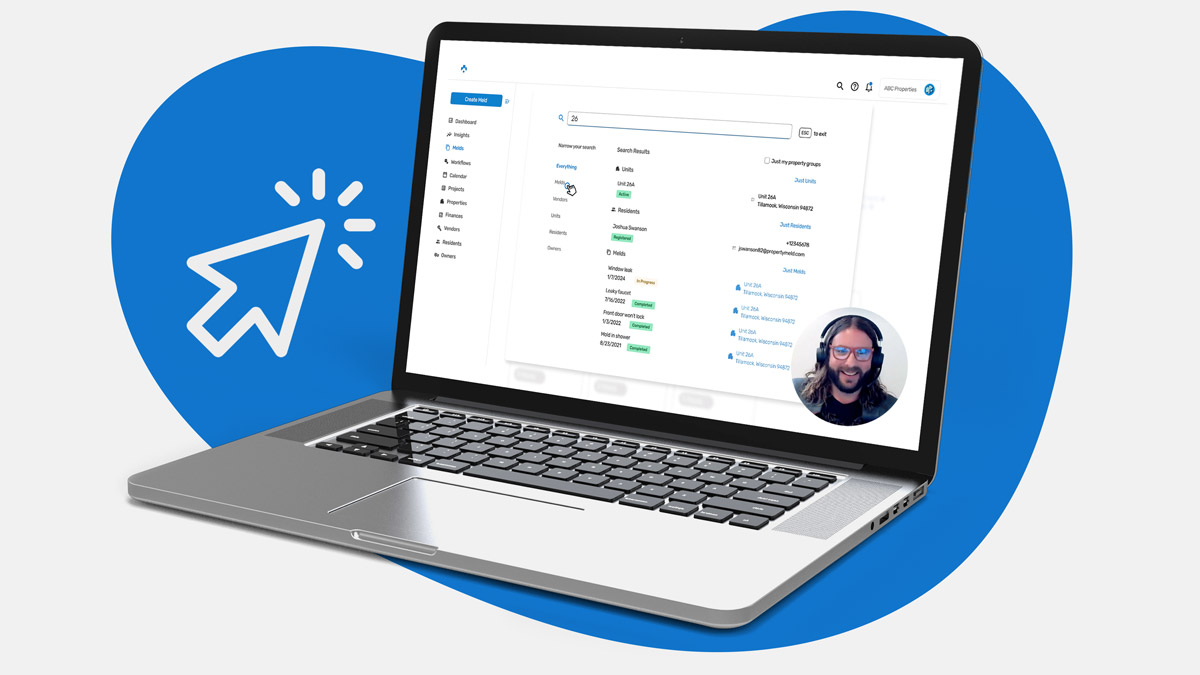What Are the Responsibilities of Property Managers
Table of Contents
Property managers play a vital role in the property management industry. They act as the bridge between property owners and residents, ensuring that properties are well maintained, residents are satisfied, and owners see a return on their investments. The responsibilities of property managers are vast and varied, encompassing everything from routine maintenance to financial management. In this comprehensive guide, we’ll dive deep into the key responsibilities of property managers and how they can effectively balance their duties to both residents and property owners.
What are the Basic Functions of a Property Manager
At its core, the role of a property manager is to manage rental properties on behalf of the owners. This includes:
1. Resident Screening and Placement: Property managers are responsible for finding and vetting potential residents. This involves advertising the property, conducting background checks, and selecting residents who are likely to pay rent on time and take care of the property,
2. Rent Collection: Ensuring that rent is collected on time is crucial. Property managers implement and enforce rent collection policies and follow up on late payments.
3. Property Maintenance and Repairs: Keeping the property in good condition is essential. Data shows that property maintenance is the most under optimized yet significant impact for both retention and profits. This involves routine maintenance, handling emergency repairs, and ensuring that the property complies with safety regulations.
4. Financial Management: Property managers handle the financial aspects of the property, including setting rental rates, managing budgets, and providing financial reports to the property owners.
5. Legal Compliance: Staying updated on landlord/resident laws and ensuring the property complies with local, state, and federal regulations is a key responsibility.
6. Resident Relations: Property managers are the point of contact for residents, addressing their concerns, resolving disputes, and ensuring a positive rental experience.

Property Maintenance Guide for Property Managers
Maintaining a property is one of the most critical responsibilities of a property manager. Proper maintenance is the best way to increase resident retention and ensure the property retains its value over time. Let’s explore the tools and strategies that can help property managers stay on top of maintenance tasks.
What Is Work Order Management Software?
Work order management software, like Property Meld, is a solution that helps property managers track, manage, and complete maintenance tasks. This software streamlines the process by allowing managers to:
- Assign and Schedule Work Orders: Residents can use work order management software to easily submit maintenance requests. Managers can easily assign work orders to the proper maintenance technician or third-party vendors based on availability, specialties, and positive resident ratings .
- Track Progress: The software provides real time updates on the status of work orders, ensuring that nothing falls through the cracks and all key stakeholders are kept in the loop throughout the entire repair process.
- Store Maintenance Records: All maintenance activities are documented, making it easier to track the property’s history, plan for future needs, and limit potential liability.
What Is Work Order Scheduling Software?
Work order management software can also be referred to as work order scheduling software. Work order scheduling software is designed to help property managers efficiently schedule maintenance tasks. Scheduling maintenance activities is one of the most time consuming aspects of the maintenance process for property managers, keeping them occupied and unable to work on other, more pertinent tasks. It offers features such as:
- Automated Scheduling: The software can automatically schedule routine maintenance tasks based on predefined intervals, ensuring regular upkeep of the property. Additionally, resident submitted maintenance requests can automatically be assigned and scheduled to the proper vendor or maintenance technician based on preconfigured automation.
- Resource Allocation: It helps in allocating resources, such as maintenance staff and materials, to ensure that tasks are completed on time and repair speeds stay competitive. The software allows you to track how many jobs each maintenance person has to ensure team members aren’t getting bogged down and work isn’t stalling out.
- Conflict Management: The software can identify scheduling conflicts and suggest alternative times, optimizing the use of available resources.
What Are the Types of Property Maintenance?
Predictive Maintenance: Predictive property maintenance is an advanced approach to maintaining properties by anticipating and preventing potential issues before they become significant problems. Unlike reactive maintenance, which addresses issues as they arise, or preventive maintenance, which involves routine checks and upkeep, predictive maintenance uses data and analytics to forecast when and where maintenance is needed. This proactive strategy can help property managers reduce costs, improve efficiency, and enhance resident satisfaction.
Preventive Maintenance: Preventative maintenance is a proactive approach to property upkeep that involves regular, planned maintenance activities designed to prevent equipment and property components from failing unexpectedly. The goal is to extend the lifespan of assets, improve efficiency, and avoid the high costs and disruptions associated with emergency repairs.
Reactive/Corrective Maintenance: Reactive maintenance, also known as breakdown or run-to-failure maintenance, is a maintenance strategy where repairs are made only after equipment or systems have failed. This approach is typically unplanned and occurs in response to an immediate need, focusing on restoring functionality as quickly as possible. This type of maintenance typically refers to property management companies that wait for residents to submit a maintenance request to make property improvements.

How Property Manager’s Can Lower Costs and Improve Profits?
The main expectation of property investors is to keep properties well-maintained, while keeping profit margins healthy. Property managers can help owners lower costs and improve profits by:
- Regular Maintenance: Preventive maintenance can save money in the long run by avoiding costly emergency repairs.
- Efficient Operations: Using management software to streamline operations and reduce administrative costs.
- Resident Retention: Keeping residents happy reduces turnover rates and the associated costs of finding new residents. In fact, 31% of residents choose to leave a property due to poor maintenance processes.
- Competitive Rental Rates: Setting rental rates based on market research to attract and retain residents while maximizing income.
Property Managers Responsibility to Maintain the Property?
Maintaining the property is a core responsibility of property managers. This includes:
- Routine Inspections: Regularly inspecting the property to identify and address maintenance issues before they become major problems.
- Vendor Management: Hiring and overseeing contractors for repairs and maintenance tasks.
- Budget Management: Allocating funds for maintenance and repairs while staying within the budget.
- Compliance: Ensuring that all maintenance activities comply with local, state, and federal regulations.
- Staffing Efficiency: Ensuring internal maintenance technicians and third-party vendors are completing work efficiently and using their time effectively.
How to Build a Property Management Budget?
One of the primary responsibilities of property managers is to build a budget for property maintenance. This is the best way to set realistic expectations with property owners, and manage spending to increase profits. Building a property management budget involves several steps:
- Assessing Income: Estimating the rental income based on current leases and market conditions.
- Estimating Expenses: Identifying all potential expenses, including maintenance, utilities, insurance, taxes, and management fees.
- Allocating Funds: Allocating funds for routine and preventive maintenance, emergency repairs, and capital improvements.
- Monitoring and Adjusting: Regularly reviewing the budget and making adjustments as necessary to ensure financial stability.
How are Property Management Companies Compensated?
Alongside the responsibilities of property managers, comes understanding how property management companies are compensated for their services. Property management companies are typically compensated through a combination of:
- Management Fees: A percentage of the monthly rental income, usually ranging from 5% to 10%. This is typically the most common source of income for property management companies.
- Leasing Fees: A fee for placing new residents, often equivalent to one month’s rent.
- Maintenance Fees: Charges for maintenance and repair work. Not all property management companies use maintenance as a profit center, but it is a great way to generate additional revenue for property managers.
- Miscellaneous Fees: Additional fees for services such as eviction proceedings, property inspections, and administrative tasks.
How to Calculate the Value of Your Rental Properties?
In order to make sure you are offering fair rent prices and staying competitive in the current market, property managers must be able to calculate the value of the properties they manage. Calculating the value of rental properties involves:
- Income Approach: Estimating the property’s value based on its ability to generate rental income. This is calculated by dividing the net operating income (NOI) by the capitalization rate (cap rate).
- Comparable Sales Approach: Comparing the property to similar properties that have recently sold in the same area.
- Cost Approach: Estimating the cost to replace the property, considering depreciation and land value.
What are Property Manager’s Responsibility to Their Residents
Property managers have a duty to provide a safe, clean, and habitable living environment for their residents. This includes:
- Ensuring Safety: Property managers must ensure that the property complies with all safety regulations. This includes regular inspections, maintaining fire safety equipment, and ensuring that common areas are well lit and secure.
- Responsive Communication: Managers should be easily accessible to residents, promptly addressing their concerns and maintenance requests. Gaps in communication can be one of the main causes of resident turnover.
- Conflict Resolution: When disputes arise between residents, property managers should mediate and resolve these conflicts fairly and efficiently.
- Community Building: Creating a sense of community among residents, especially in multi-family communities, can lead to higher satisfaction and retention rates. This can be achieved through community events, newsletters, and open lines of communication.
Property Managers Responsibility to Their Owners
A property manager’s main responsibility is to their property owners. Their goal is to maximize the return on investment while ensuring the property remains in good condition.
How Property Managers Can Ensure Resident Satisfaction?
Resident satisfaction is crucial for property managers, as happy residents are more likely to renew their leases which leads to enhanced investor satisfaction and retention. Property managers can ensure resident satisfaction by:
- Timely Maintenance: Addressing maintenance issues promptly and effectively.
- Transparent Communication: Keeping residents informed about any changes or issues affecting the property.
- Fair Policies: Implementing and enforcing fair and consistent policies regarding rent, maintenance, and other aspects of tenancy.

What Are Property Management Expenses?
When trying to determine the value of a property, property managers must have a good understanding of the expenses associated with property management. Property management expenses can be categorized into several types:
- Operational Expenses: Routine costs such as maintenance, utilities, insurance, and property management fees.
- Capital Expenses: Major improvements or replacements, such as a new roof or HVAC system.
- Administrative Expenses: Costs associated with managing the property, including accounting, legal fees, and office supplies.
- Marketing Expenses: Costs for advertising and promoting the property to attract residents.
In conclusion, the responsibilities of property managers are multifaceted and require a balanced approach to satisfy both residents and property owners. By utilizing tools like Property Meld, maintaining open communication, and implementing efficient practices, property managers can ensure the smooth operation and profitability of rental properties. Whether it’s through timely maintenance, effective financial management, or fostering a positive community, property managers play a crucial role in the success of rental properties.







